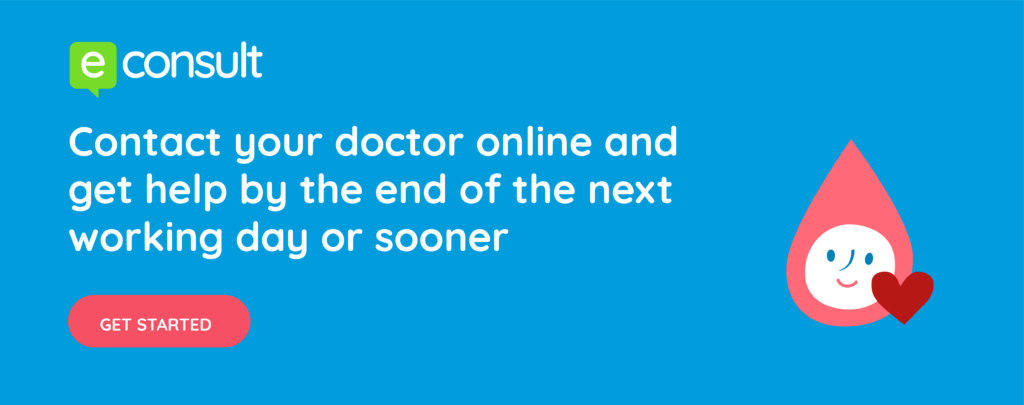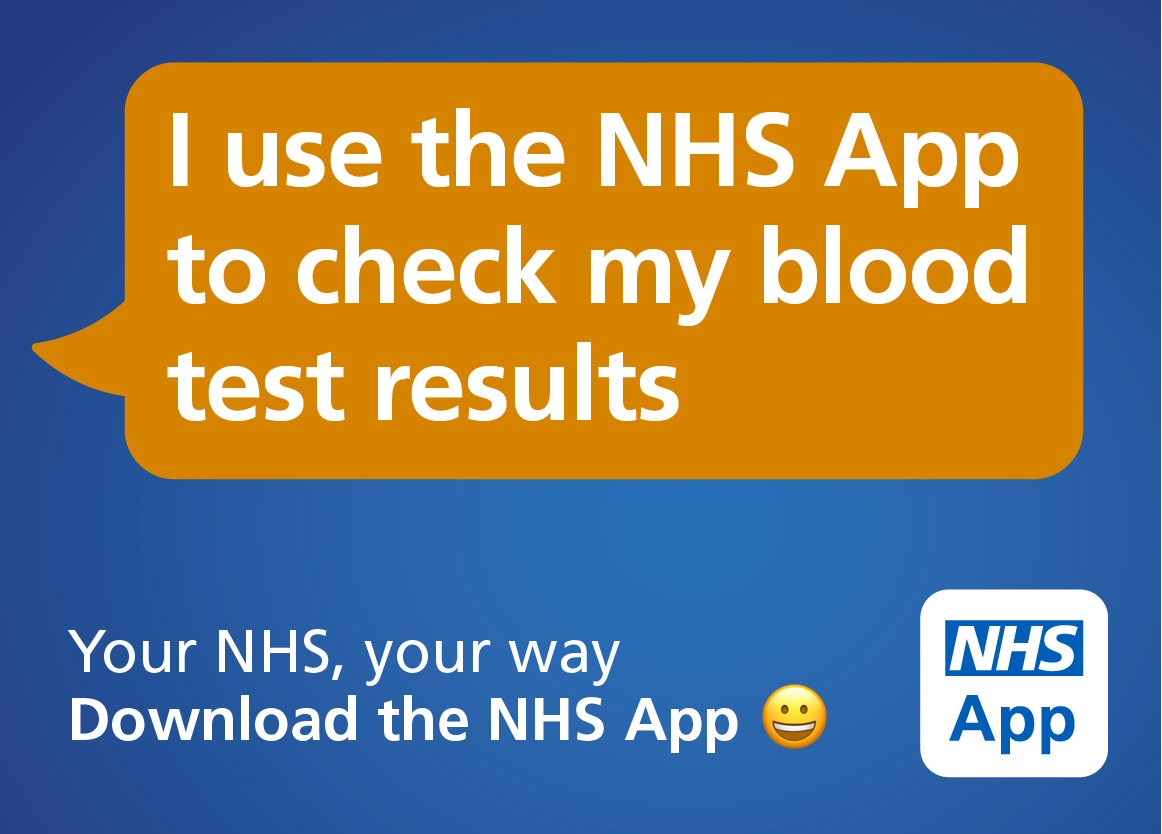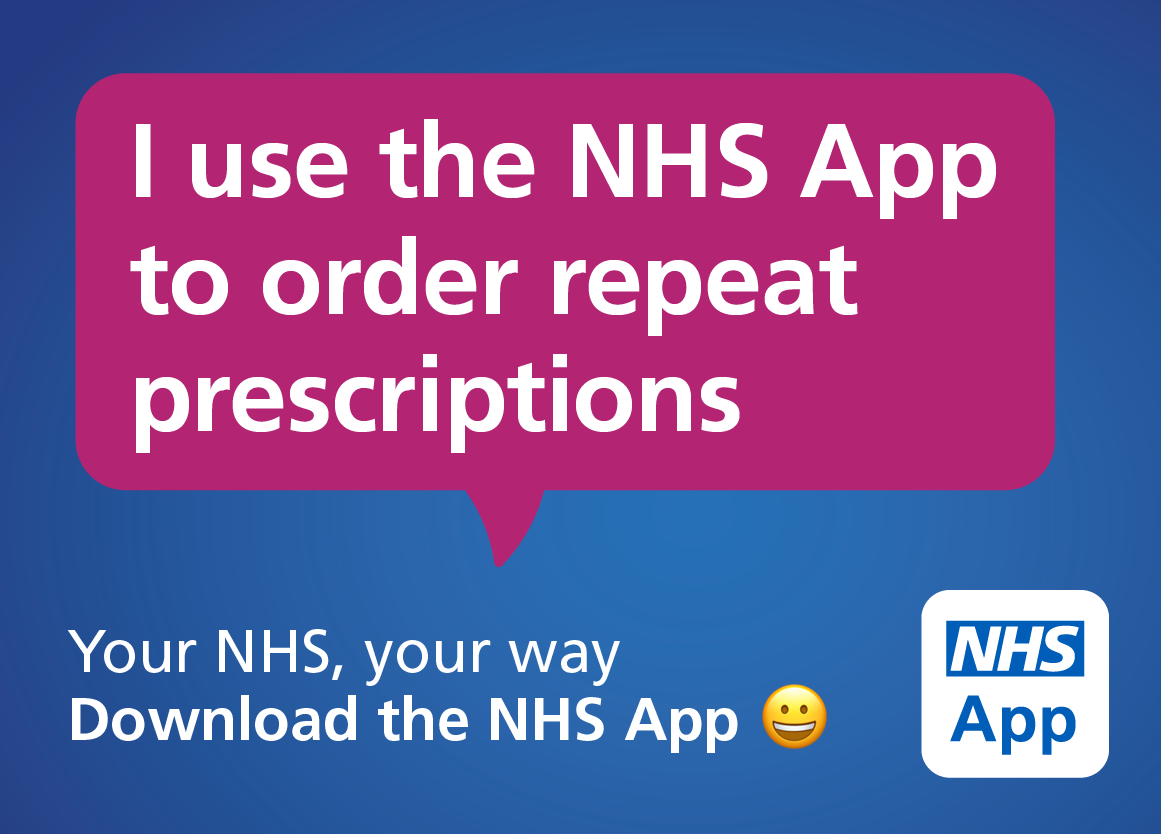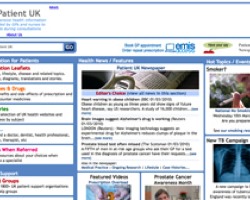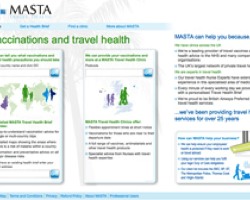Information regarding letters from NHS England:
Please be advised that some of these letters have been sent directly from NHS England and some letters will be sent by other routes please see below:
Patients who are advised to Shield themselves include:
- Solid organ transplant recipients
- People with specific cancers
- People with cancer who are undergoing active chemotherapy or radical radiotherapy for lung cancer
- People with cancers of the blood or bone marrow such as leukaemia, lymphoma or myeloma who are at any stage of treatment
- People having immunotherapy or other continuing antibody treatments for cancer
- People having other targeted cancer treatments which can affect the immune system, such as protein kinase inhibitors or PARP inhibitors.
- People who have had bone marrow or stem cell transplants in the last 6 months, or who are still taking immunosuppression drugs.
- People with severe respiratory conditions including all cystic fibrosis, severe asthma and severe COPD
- People with rare diseases and inborn errors of metabolism that significantly increase the risk of infections (such as SCID, homozygous sickle cell disease)
- People on immunosuppression therapies sufficient to significantly increase risk of infection
- People who are pregnant with significant heart disease, congenital or acquired
There are some patients on this list who will be contacted by other routes. For example, Cancer Units will contact all patients in category 2; secondary care (Hospitals) will contact most of the patients in category 5 via a cascade from the Royal College of Physicians and associated medical societies
In addition, the Academy of Medical Royal Colleges will ask its members to identify any other subgroups of patients they feel are at high risk, and will cascade templates to hospital specialists. We will ask clinicians who have identified these patients to let them know directly using a standard letter containing the information they need to commence shielding and access support. We will ask hospital specialists to inform the GP of the decision to include patients in the vulnerable group.
Please also be advised that it has been reported that the letters posted are taking some time to arrive, this may possibly be due to reduced staffing numbers within the postal service.
All people in the highest clinically vulnerable group who have received a letter should register at https://www.gov.uk/coronavirus-extremely-vulnerable.
In addition:
On Monday 16th March the UK government announced a package of measures, advising those who are or may be at increased risk of severe illness from COVID-19 to be particularly stringent in following social distancing measures.
This group has been identified to the public as those who are:
- aged 70 or older (regardless of medical conditions)
- under 70 with an underlying health condition listed below (i.e. anyone instructed to get a flu jab as an adult each year on medical grounds):
- chronic (long-term) respiratory diseases, such as asthma, chronic obstructive pulmonary disease (COPD), emphysema or bronchitis
- chronic heart disease, such as heart failure
- chronic kidney disease
- chronic liver disease, such as hepatitis
- chronic neurological conditions, such as Parkinson’s disease, motor neurone disease, multiple sclerosis (MS), a learning disability or cerebral palsy
- diabetes
- problems with your spleen – for example, sickle cell disease or if you have had your spleen removed
- a weakened immune system as the result of conditions such as HIV and AIDS, or medicines such as steroid tablets or chemotherapy
- being seriously overweight (a BMI of 40 or above)
- those who are pregnant
These patients will not be contacted separately, unless they also fall into the groups listed 1 to 6 above but should follow the advise on the link below:
https://www.gov.uk/government/publications/covid-19-guidance-on-social-distancing-and-for-vulnerable-people/guidance-on-social-distancing-for-everyone-in-the-uk-and-protecting-older-people-and-vulnerable-adults
FOR PATIENTS: You can now start your own Coordinate My Care (CMC) plan online. You can stop and start, whenever you like, saving details as you go. Once you've filled in all the details, simply book a telephone or face-to-face appointment with your GP or nurse, and they will add clinical details and recommendations, and upload your plan to the CMC system:
myCMCCoordinate My Care is an innovative NHS service that builds medical care around the wishes of each patient. You create the plan with your GP: then we share it with all the healthcare professionals who might treat you. So everyone looking after you knows exactly what you want.
